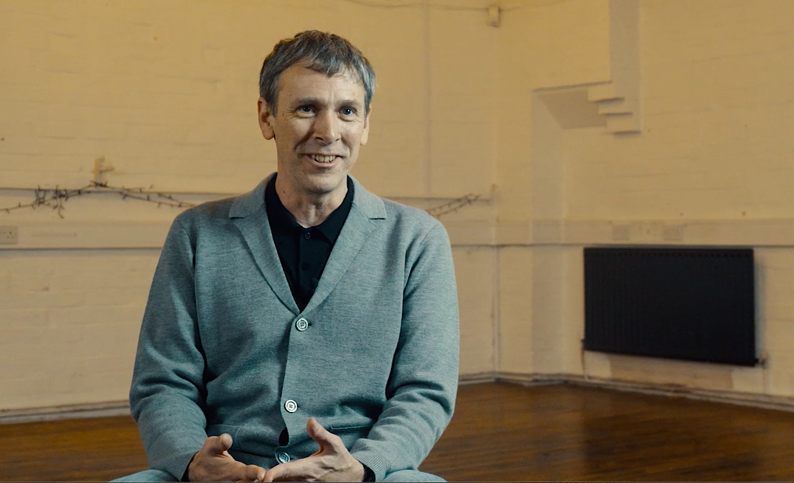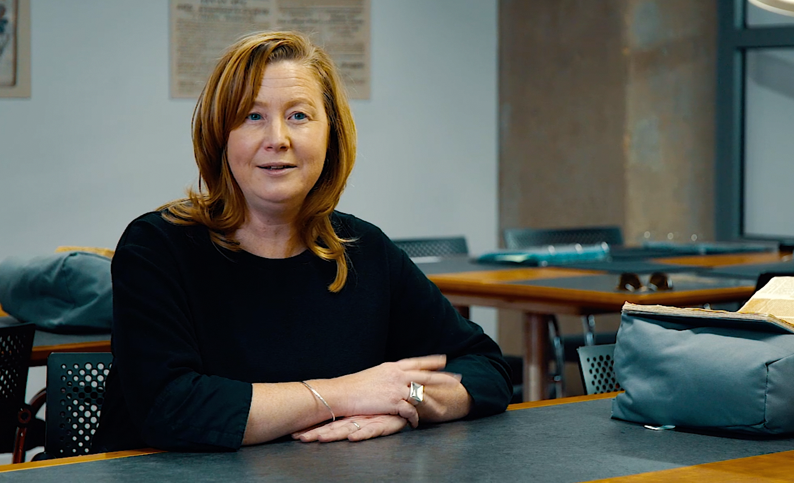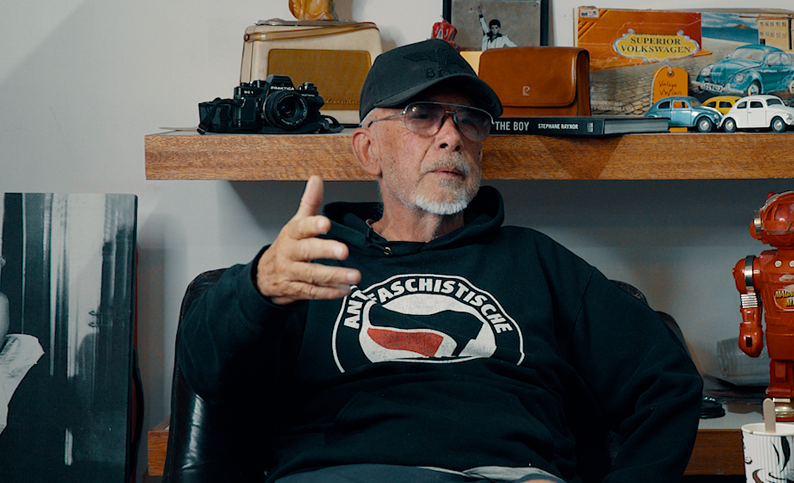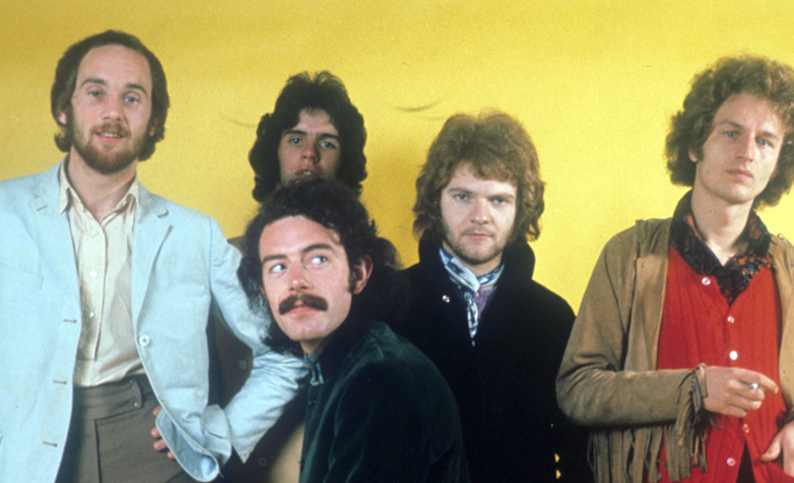Acknowledgments
The project started and finished with the University of Leicester. The series of audio interviews with John ‘Jelly’ Nixon were carried out as part of The East Midlands Oral History Archive (EMOHA) which is based in the Centre for Urban History at the University of Leicester. It is also supported by Leicestershire County Council and Leicester City Council via the Record Office for Leicestershire, Leicester and Rutland.
Special thanks to Colin Hyde from EMOHA who carried out the original interviews with my Dad which inspired the film. Colin uses the recordings when teaching at the University of Leicester, and they ultimately led to the Mods : Shaping a Generation project in 2019.
A special thanks must also go to Shaun Knapp who also listened to the recordings, and subsequently helped to inspire his excellent book Mods: Two City Connection (available here).
I also express my gratitude to the University of Leicester‘s Dr Emma Parker, Associate Professor in Postwar & Contemporary Literature, and Professor Sarah Scott, Director of the Heritage Hub, for their invaluable support. The University’s Heritage Hub is working creatively with communities in Leicestershire, Rutland and beyond to investigate and celebrate the rich heritage of our city and region and to make positive change in the world. I’m honoured that ‘Moving in the shadows’ is one of the first projects to be included in this fantastic new initiative, and incredibly grateful for the University of Leicester sponsorship.
A special thanks to Christina Wigmore, Director of Soft Touch Arts, for her ideas and support for this project, and finally to my Arch Creative present and past colleagues, without which the project wouldn’t have happened. In particular a special mention goes to Matt Letts for all his spare time spent editing the film with me, and to Ben Bradshaw, Matt Whetherly, Aaron Marklew and Tom Bartlett.
Colin Hyde, Shaun Knapp and Dr Emma Parker have all been interviewed for the film, so a final big thank you to them and all of the interviewees featured in the film who offered their valuable time and support to make this project happen.
The film is just a starting point, so if you know of any other creatives from 1960s Leicester that you feel are worthy candidates for inclusion in this project, then please get in touch as we look to build a Midlands youth culture archive.
Email: joe@socialgallery.co.uk




























